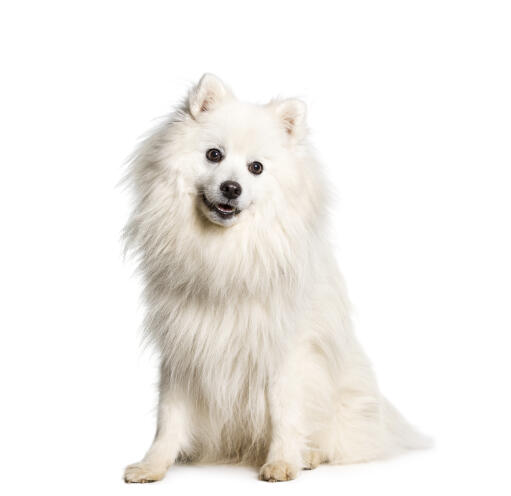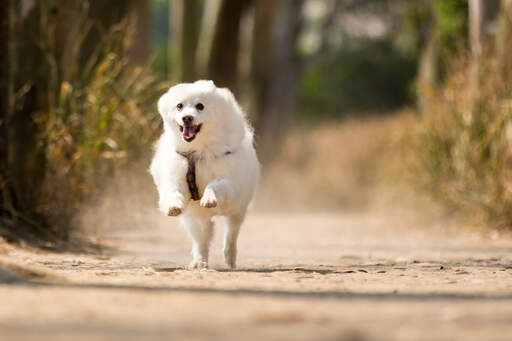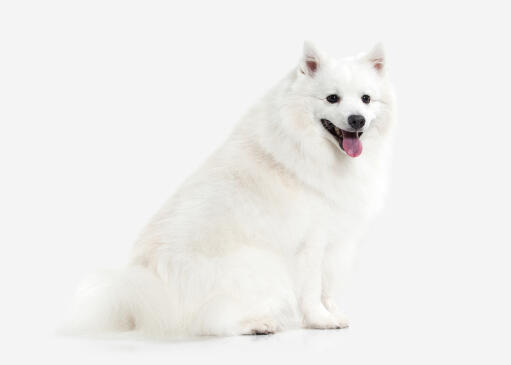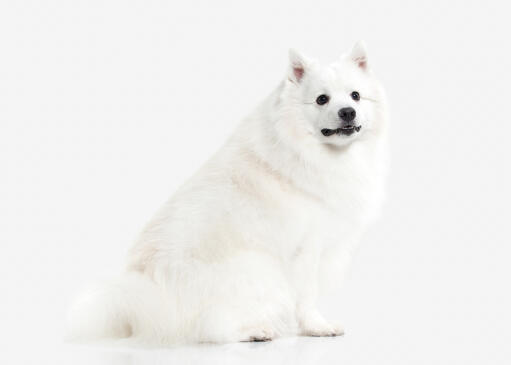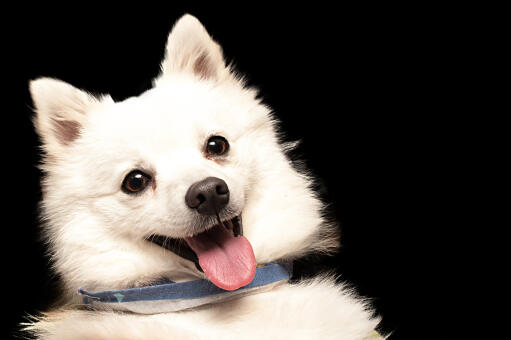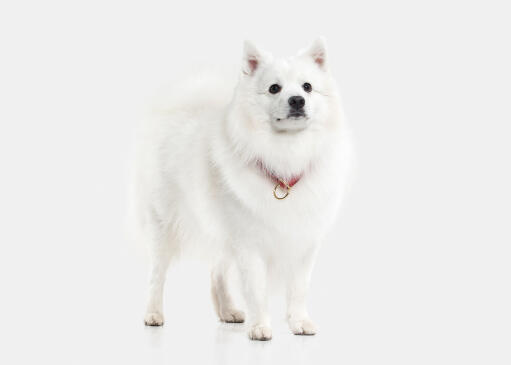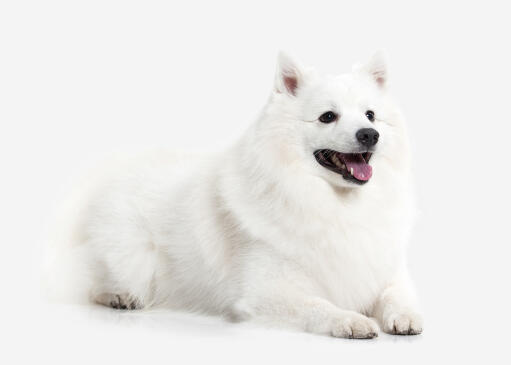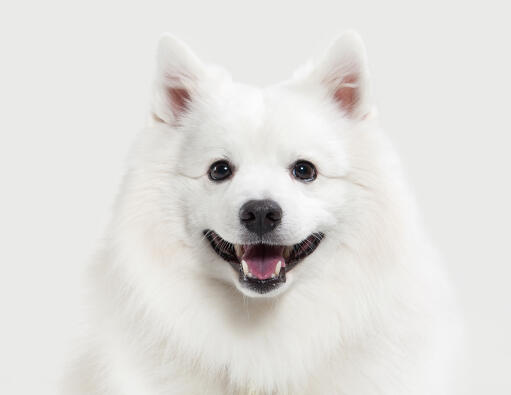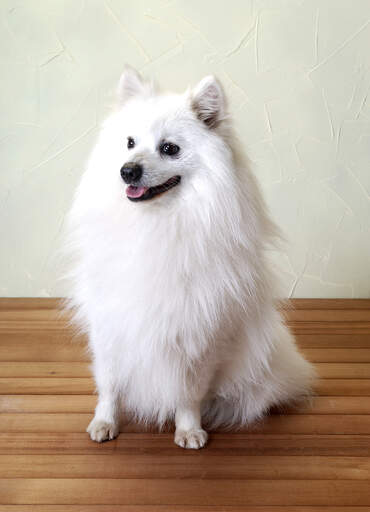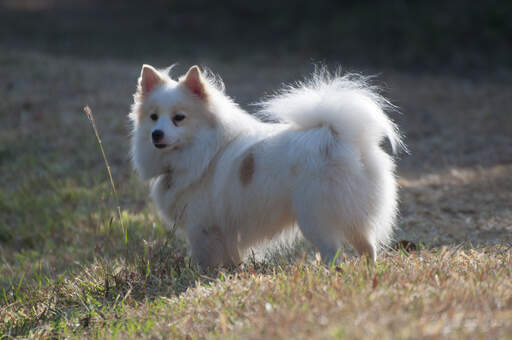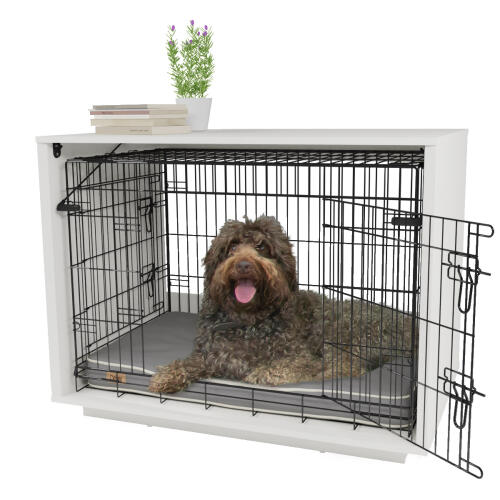Japanese Spitz Dogs










History
The exact origins of the Japanese Spitz remain unknown. A popular theory states that they descended from selected small Siberian Samoyeds, bred for miniaturization. Though there is no concrete evidence to prove this. There was a time when their numbers were very high in Japan, nowadays not so much though they have been gaining popularity in North America and Europe. They are slightly larger than their Pomeranian cousins. They were bred as a companion dog.
Behaviour
The Japanese Spitz is an alert, friendly and loving dog. They are well suited to family life as they are affectionate with everyone they meet,including children. They make for good watchdogs and will bark when someone is at the door. If socialized from a young age they will be fine with strangers entering the house and are rarely territorial. Some may be wary of strangers at first, but this doesn't last for long and they will soon become friendly towards them. They soon become devoted and loyal towards their family and will dislike being left out of family activities. They need a lot of human contact and get anxious and upset if left alone for too long.
They are very playful dogs who love nothing more than a game. They are particularly playful with children and even other dogs. They are often described as small dogs with huge personalities. They learn quickly and take great pleasure in pleasing their owner. Hey enjoy training as it means that they get to spend more time with their owners. Training should continue throughout their lives to prevent problems such as incessant barking and destructive behavior.
Games such as catch, frisbee and fetch all help keep them mentally and physically active. Despite their small size they have heaps of energy and will happily play for hours on end. They need at least one long walk per day and an intense play session to fully tire them out. They are adaptable dogs and will fit into most routines. As long as you are with them, they’ll be happy.
Their elegant white coats don’t need masses of attention. Brushing a few times per week will do the trick. They are clean dogs that don’t tend to smell that bad. Loose hair in the house won’t be a problem if they are brushed regularly.They have dense fur on their feet so it;s best to get them used to having their paws handled from a young age.
Temperament
Japanese Spitz have a playful and obedient temperament. They respond well to consistent and regular training. They’ll fit right into a family with other pets and small children. They can be a bit noisy but this makes them good watch dogs as they will alert you of any visitors
Health Problems
Issues that may afflict the Japanese Spitz include luxating patella (dislocation of the kneecap), and runny eyes and related issues due to their small tear ducts/allergies. On the whole, though, this is a sturdy breed that rarely suffers health problems.
Breed Details
- Status: Common
- Life Expectancy: 10 - 16 years
- Weight: 5 - 10 kg
- Height: 13 - 15"
- Rare: No
- Coat: Medium - Double
- Grooming Requirements: Everyday
- Town or Country: Either
- Minimum Home Size: Small House
- Minimum Garden Size: Small to Medium Garden
- Breed Type: Companion Dog
- Size: Medium
- Energy Level: Medium
- Exercise Required: Up to 1 hour

